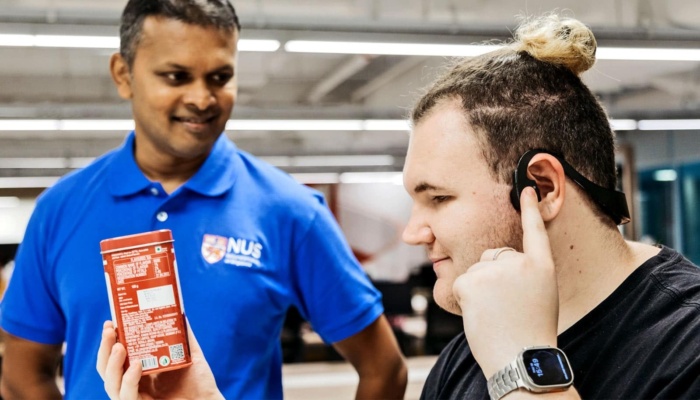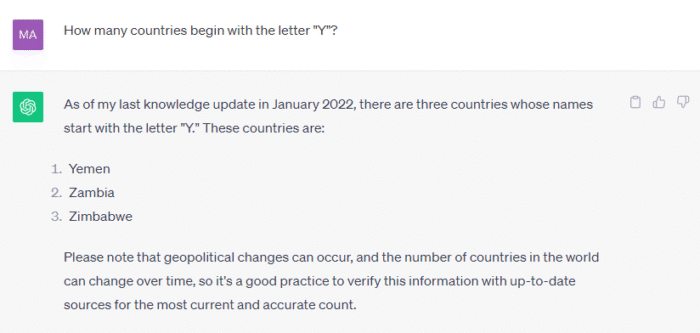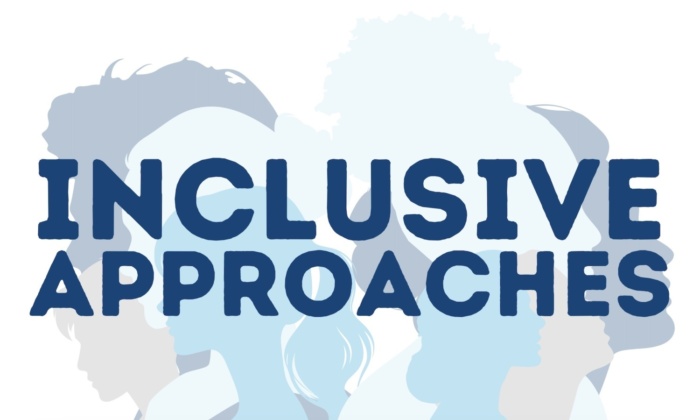
Artificial intelligence (AI) has quickly become part of our everyday lives. It really saw its breakthrough in 2023 - almost overnight it felt like AI was everywhere. Since then, tool after tool has been launched in a bid to make the way we live and work easier and smarter.
If you’ve seen I, Robot or even WALL-E, you know we’ve been warned about what a future shared with intelligent machines might hold. Whilst these films may feel far fetched, or at least far away, I’d argue there’s a lot to learn from the dystopian worlds depicted.

The Centre for AI Safety comprehensively lays out the risks associated with advanced AI - from malicious human misuse to rogue AIs. Experts have been warning us about the rapid rate in which AI is developing, and Elon Musk himself has repeatedly expressed his concerns over the future of this technology (albeit whilst continuing to plug billions into xAI).
The expert warnings, the unintended consequences, the living in a state of knowing something terrible is going to happen and not doing anything about it... Sound familiar? The age of AI has striking parallels to the climate crisis. We are with AI warnings where we were with climate science 40 years ago. I wasn’t alive to witness the initial growth of fossil fuels, so I can imagine the next generation might look at AI the way I look at climate change now: devastated past generations didn’t act sooner when they had the chance, full of anxiety about the future, and feeling helpless that greed and power will trump efforts for change.
But it isn’t just about the possibility of AI one day wiping out humanity and taking over our planet, there are also very present issues with AI we’re already dealing with:
- Jobs are being replaced: Beyond administration or factory roles, AI is replacing designers, copywriters, coders, and many jobs we believe are inherently human.
- Art and creativity is being stolen: AI needs to be trained to produce the pictures and text it gives you, and it’s often trained from unlicensed images, books and music where no credit (or compensation) is given to the original artists.
- The environmental impact of AI is huge: Training and using AI requires millions of gallons of water to cool data centres, and an unfathomable amount of energy to compute and store data.
And maybe the most worrying part is that the more we submit to AI, the more we risk losing what makes us human. If we start turning to AI for all of our thinking, creating and decision making - which is where we’re heading - we’ll lose our sense of purpose and meaning as human beings.
Rationally, with all of this knowledge, we should halt any progress and advancements with AI immediately. So why don’t we? Well, at the same time as living in a state of existential doom, I’m also a behaviour change expert and behavioural science can explain why we don’t act on AI the same way we didn’t immediately act on learning about climate change.
- The ostrich effect: Humans prefer to ‘bury our heads in the sand’ when presented with negative information. When we hear about floods or droughts that are caused by climate change or that we aren’t meeting our climate targets or that AI is terrible for the environment, we’d prefer to live in a state of blissful ignorance.
- Optimism bias: We tend to overestimate the chances of positive things happening and underestimate the negative. So we assume that what experts are telling us about the bad outcomes of climate change or advanced AI isn’t really going to happen.
- Present bias: We prioritise immediate rewards (like convenience, profits and power) over long-term consequences. Of course, no world leader wants to negatively impact their economy, even if it stops humanity from going extinct.
Plus, amongst all these things, there are very real benefits to using AI. It makes life easier, more convenient, and more productive. Additionally, AI has transformed the world of accessibility, giving people with disabilities or additional needs more independence and dignity.

Image credit: NUS News
So whilst this blog might have just put me at the top of Chat GPT’s hit list, I don’t actually believe we should stop using AI all together. I do think we need more regulation and transparency from the top, and that we as individuals should be more conscious and intentional about how we use it.
Here are 5 things I’d love for you to take away from this:
- Pause before you use AI: Now you know the negative impact that lies behind AI use, think each time before you use it. Do you really need to know what your pet would look like as a human? (A current AI TikTok trend).
- Trust yourself and your human brain: You don’t need to rely on AI for all of your work. Read some articles, use a calculator, write in your own tone of voice. Putting a bit more time and effort into producing your work is much more rewarding than being given answers in seconds.
Challenge AI’s responses: Never blindly take a response from AI at face value - humans make mistakes and so does AI. Fact check, do your own research, and form your own opinions.

- Keep parts of your life AI-free: Set some boundaries so you don’t lose out on learning and developing your own human skills by ensuring you have aspects of your life that are AI-free, like tasks that allow you to be creative and think deeply.
- Learn about AI: Understand more about how the thing you’re using every day works. How is it trained, how does it come up with content, and who’s behind it? Then you can make more informed decisions about which AIs to use and how.
I, Robot and WALL-E have warned us about where we might be heading. Let’s not let fiction become reality - stay aware, in control and consistently inquisitive about AI.
*No Chat GPT was used in the writing of this blog.
Cover photo by Steve Johnson on Unsplash
Share
RELATED ARTICLES
Behavioural science

Exploring Behavioural Justice
Honica explores the concept of behavioural justice in the next blog in our Inclusive Approaches series.
26/02/25
Read moreLife at Behaviour Change

Developing Inclusive Approaches
IA Blog Series: Lynette Nabbosa shares the story of our collaboration to form Inclusive Approaches
30/10/24
Read more
Introducing Inclusive Approaches
IA Blog Series: We're launching a new initiative at Behaviour Change called Inclusive Approaches
11/09/24
Read more